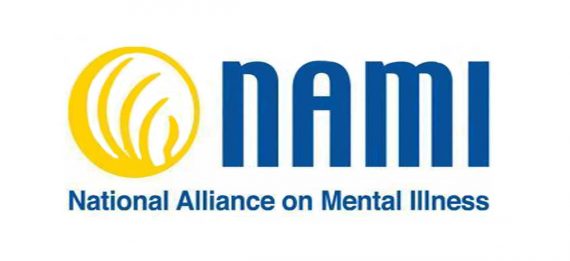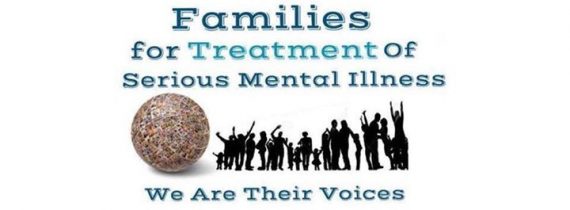
(5-22-17) From the White House down, politicians on both sides of the aisle, celebrities, and even mental health therapists need to stop using language inappropriately that increases stigma and marginalizes mental illnesses.
Unfortunately, there has been a shameful increase of such remarks recently, especially last week. The use of inappropriate language showed up internationally, as well, with Russian President Vladimir Putin misusing the word “schizophrenia” when talking about American politics.
One way to fight this is for responsible media outlets to explain when these words are used erroneously. Repeating them unchallenged fosters stigma.
I’ve posted an excerpt at the bottom of this post from the Associated Press style-book, which most publications use as their ethics standards.
Examples:
1. President Donald Trump reportedly told Russian diplomats that ex-FBI Director James Comey is a “nut job…” according to The New York Times… “He was crazy, a real nut job.”
2. Trump directed the term at “wacky Glenn Beck.” Trump said the nationally syndicated radio host is a “real nut job” because he “always seems to be crying.”
3. Trump said North Korean leader Kim Jong Un “could be a total nut job.” “I mean, you’ve got this madman playing around with the nukes, and it has got to end. He’s certainly — he could be a total nut job, frankly,” Trump said on Fox News’ “On The Record” in January 2016.
4.”You know, I call him crazy Bernie because he’s not very good,” Trump said.
Here’s the flip side.







